Textile industry veteran Geana Sieburger founded GDS Cloth Goods as a source of environmentally sustainable, ethically made sewn goods for people who appreciate good design. Sieburger makes aprons and more in her Oakland, California, studio, plus a reusable coffee filter that’s an alternative to the single-use pour-over filter.
More broadly, Sieburger is on a mission to reconnect consumers of cloth with the source of their products, just like the farm-to-table movement has rekindled a connection between people and the source of their food. Based in the San Francisco Bay Area, Sieburger developed her reverence for textiles growing up in her native Brazil, where, in the eighties, she says, “bakeries and their bakers could be found every few blocks, and skilled seamstresses still sewed a good portion of people’s everyday wardrobes.” She’s hoping to re-create some version of that in the US by offering workshops, textile care guides, and a glimpse into the process of making cloth from seed. Let’s take a closer look at the GDS offerings.
Photography courtesy of GDS Cloth Goods.

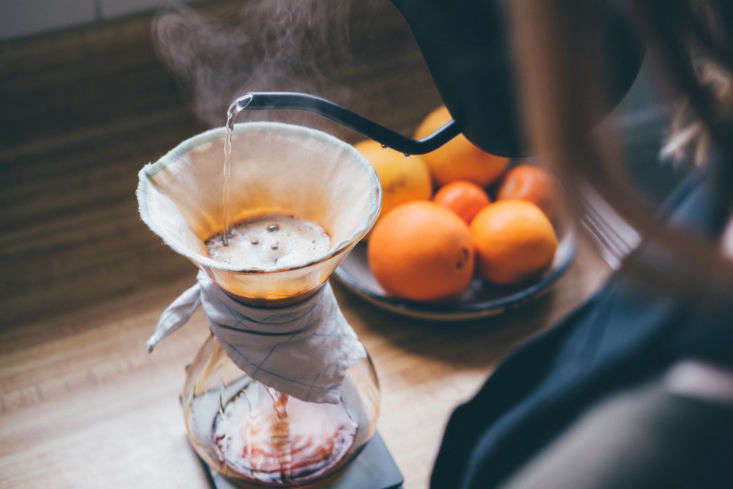
In March, GDS raised more than $18,000 on Kickstarter to purchase fabric Sieburger designed specifically for the Ebb. She’s documenting the process—from a West Texas cotton farm to a South Carolina weaving mill to the Oakland, California, sewing studio—on Instagram. The company’s first fully “seed to cup” filters will ship in July.







- Use This, Not that Plastic Thing: Expert Advice on 5 Easy, Eco Swaps for the Kitchen
- Palette & Paints: 5 Favorite Eco-Friendly Stains
- Eco-Friendly Kitchen Style from Mr. and Mrs. P
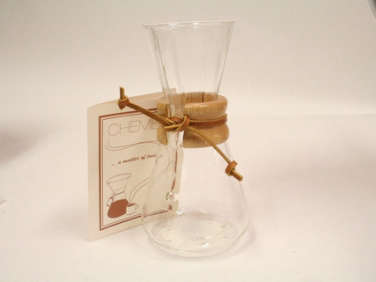
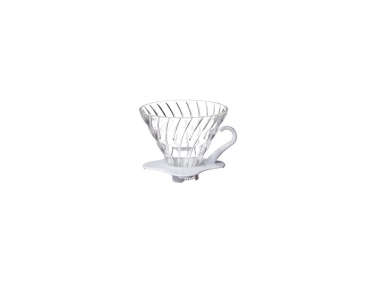
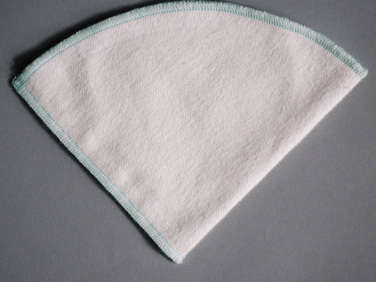
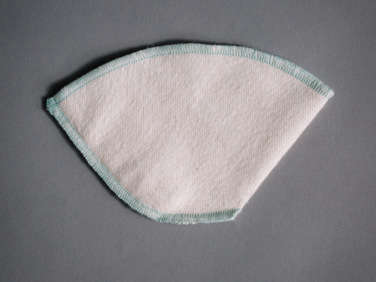
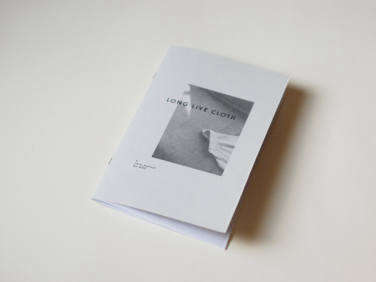
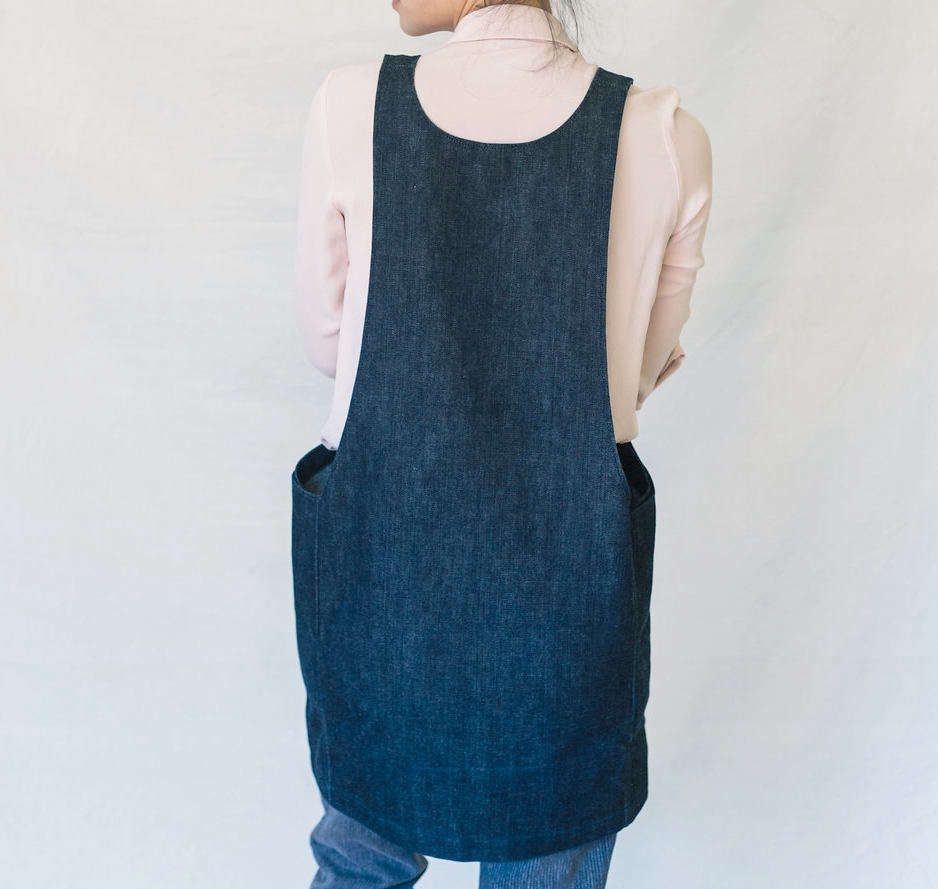
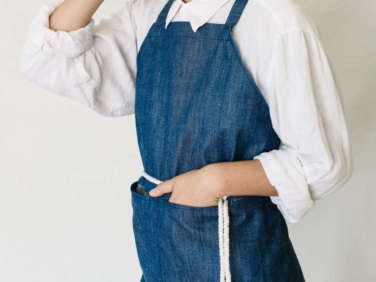
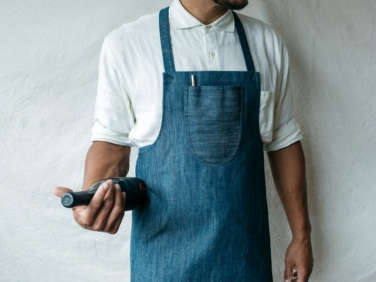
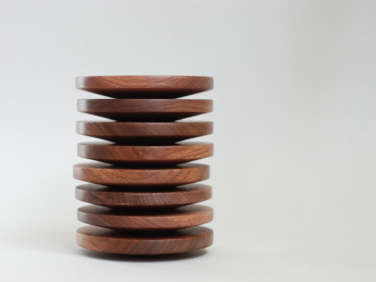
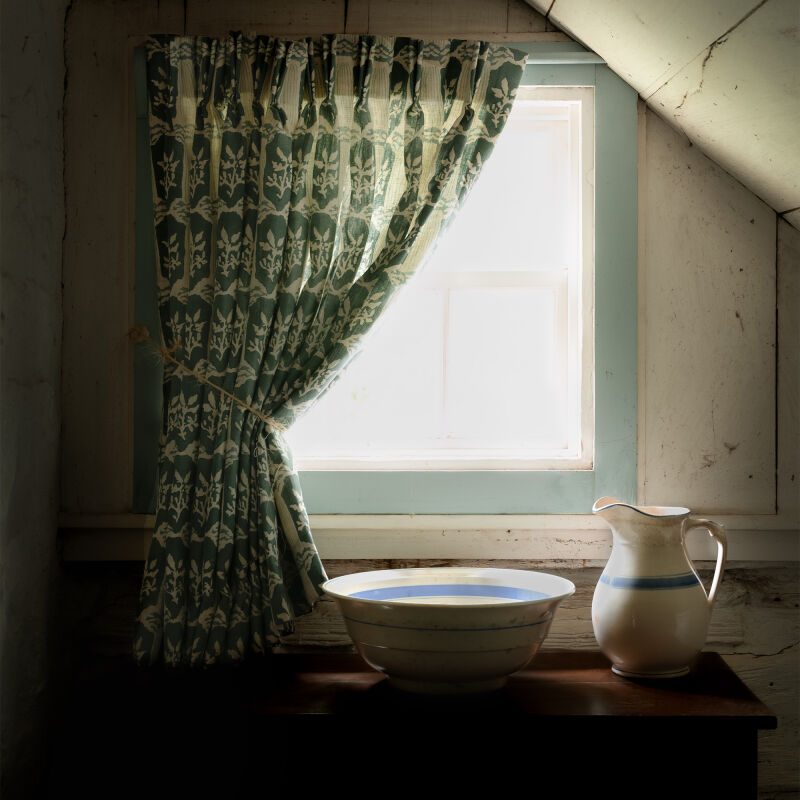
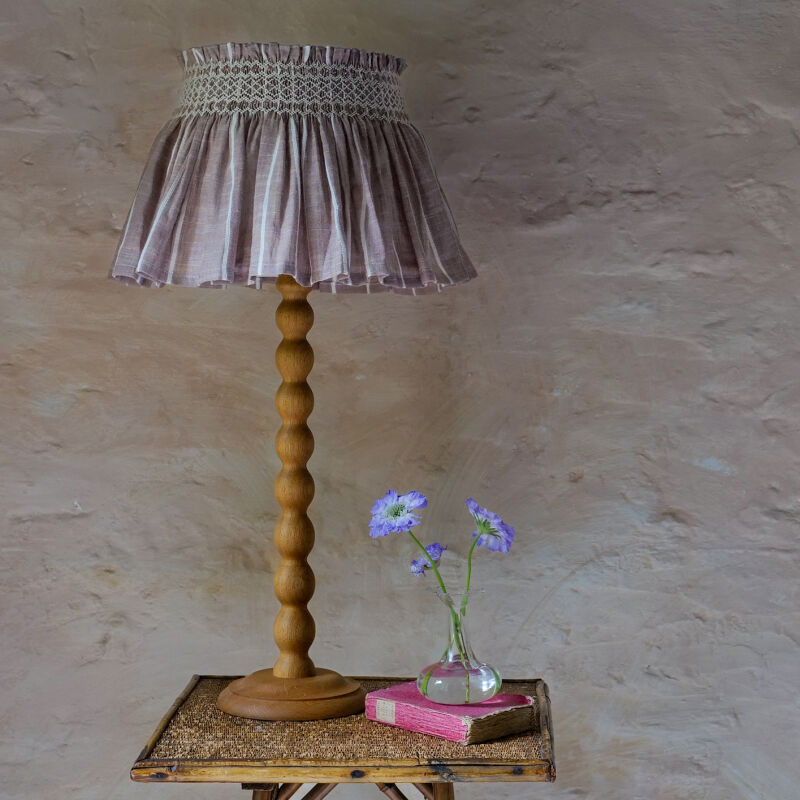
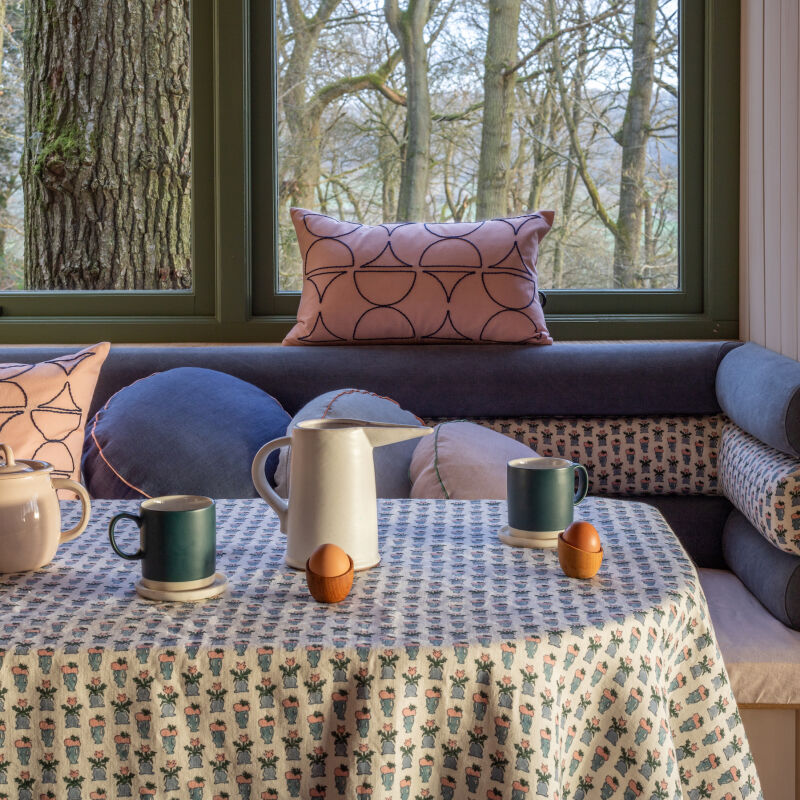


Have a Question or Comment About This Post?
Join the conversation